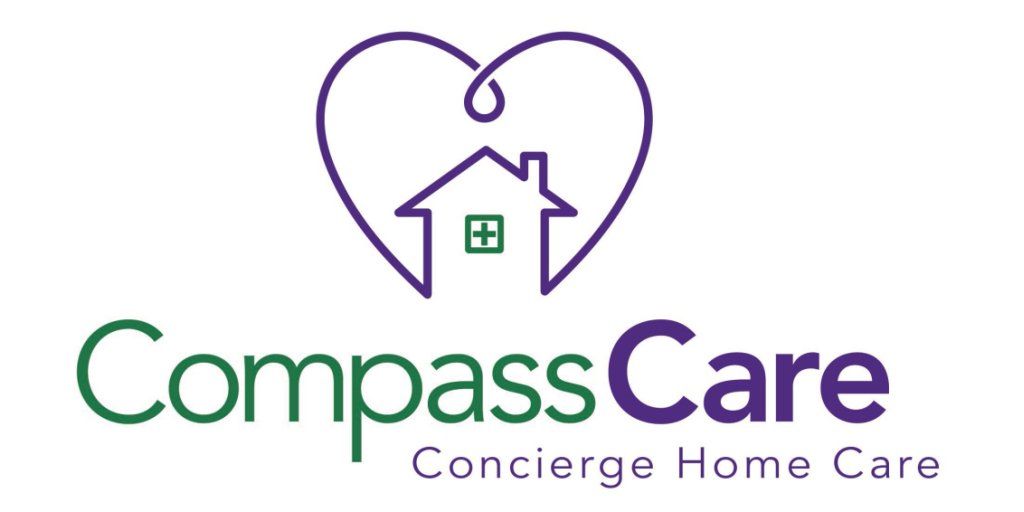Living Wills, Advanced Directives and Health Care Proxies
By: Bob Wolf There’s a great deal of confusion about these terms so I will try, in this and future posts, to bring some clarity to this extremely important topic.Living Wills, Advanced Directives and Health Care Proxies are all advance directives. An advanced directive is a legal document that tells your doctor and family what kind of medical care you want to have if you can’t tell them yourself.
There’s a great deal of confusion about these terms so I will try, in this and future posts, to bring some clarity to this extremely important topic.Living Wills, Advanced Directives and Health Care Proxies are all advance directives. An advanced directive is a legal document that tells your doctor and family what kind of medical care you want to have if you can’t tell them yourself.
Q: I have a living will. Isn’t that enough?
In a word: No! While a living will is a written, legal document, and falls broadly under the category of advance directives, it only describes what you would want to happen in one narrow circumstance: if you become terminally ill or permanently unconscious. Given the complexity of modern medicine, there are countless other circumstances where you might not be able to communicate and medical choices need to make. And how will your doctor or hospital know of your living will’s existence or be able to find it? Worse, a living will doesn’t let you select someone to make decisions for you.We strongly recommend that you ask an attorney to prepare a health care proxy for you. Health care proxies, also known as a durable power of attorney for health care, are also advance directives. But these documents legally appoint someone, that you choose, as your health care agent to make health care decisions for you. It becomes active any time you are unconscious or unable to make medical decisions. It is important to distinguish these medical powers of attorney from a general power of attorney that is used only for financial transactions and decisions. A general power of attorney is not valid in making medical decisions; you must have one that is specific to health care decision making and valid for the state you live in.The choice of agent is the most important part of this process. Your agent will have great power if you become incapacitated. There is normally no formal oversight of your agent's decisions. Ask your lawyer who is allowed to be a health care agent in your state. Each state has different rules. Most prohibit your doctor and other healthcare providers from being your agent unless they are related to you.We recommend that you consider naming successor agents, in the event that your named agent dies or becomes incapacitated. Naming co-agents is also possible but could be problematic if they disagree with your care.
Q: I took your advice and got a durable power of attorney for health care and I now have a health care agent. Am I all set?
In a word: No! Not until you have had meaningful conversations with your agent about health care decisions so that he or she knows what YOU want and what YOUR values and priorities are in receiving – and NOT receiving care.Will talk more about what goes into those conversations in future blog posts.
